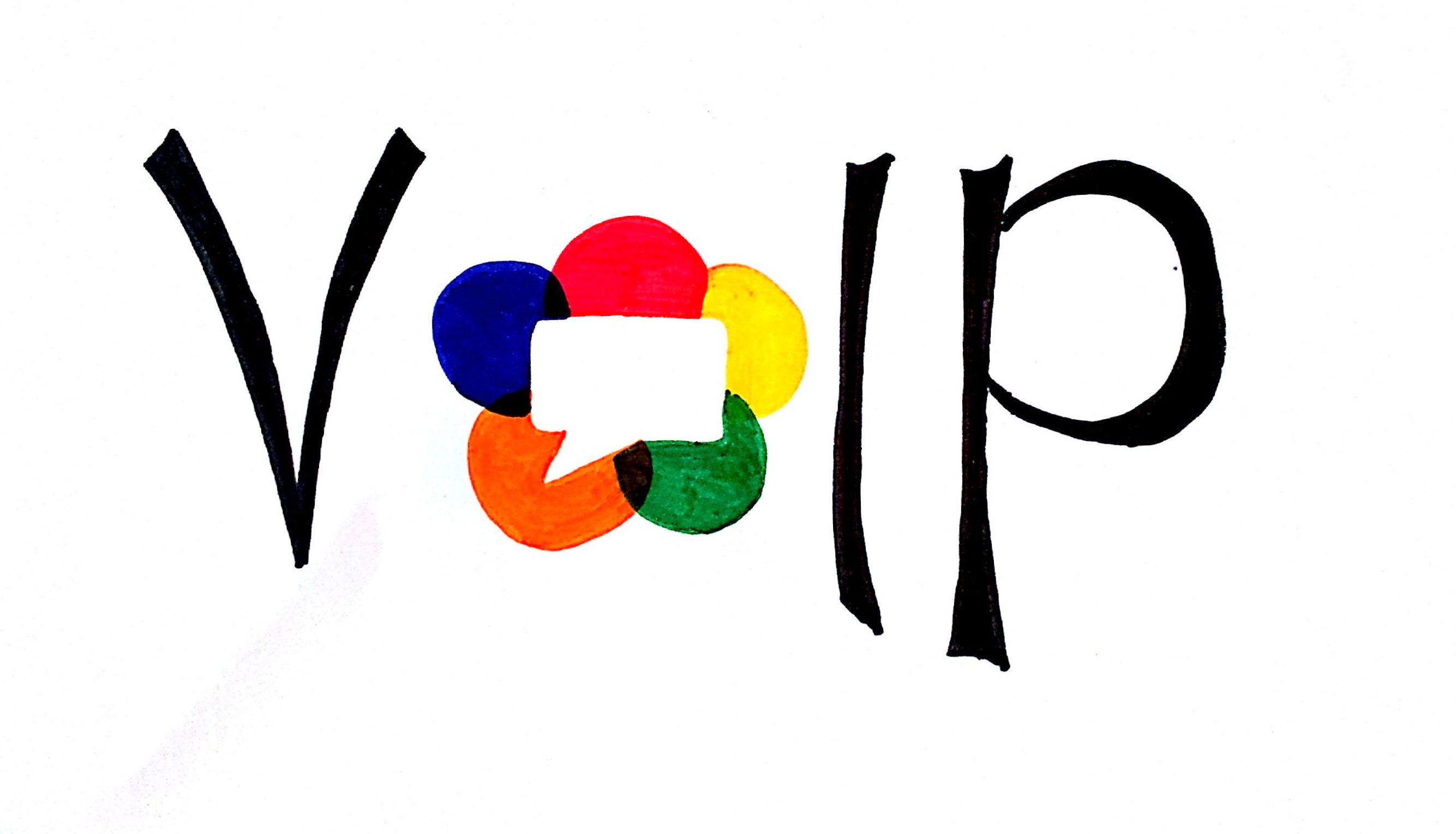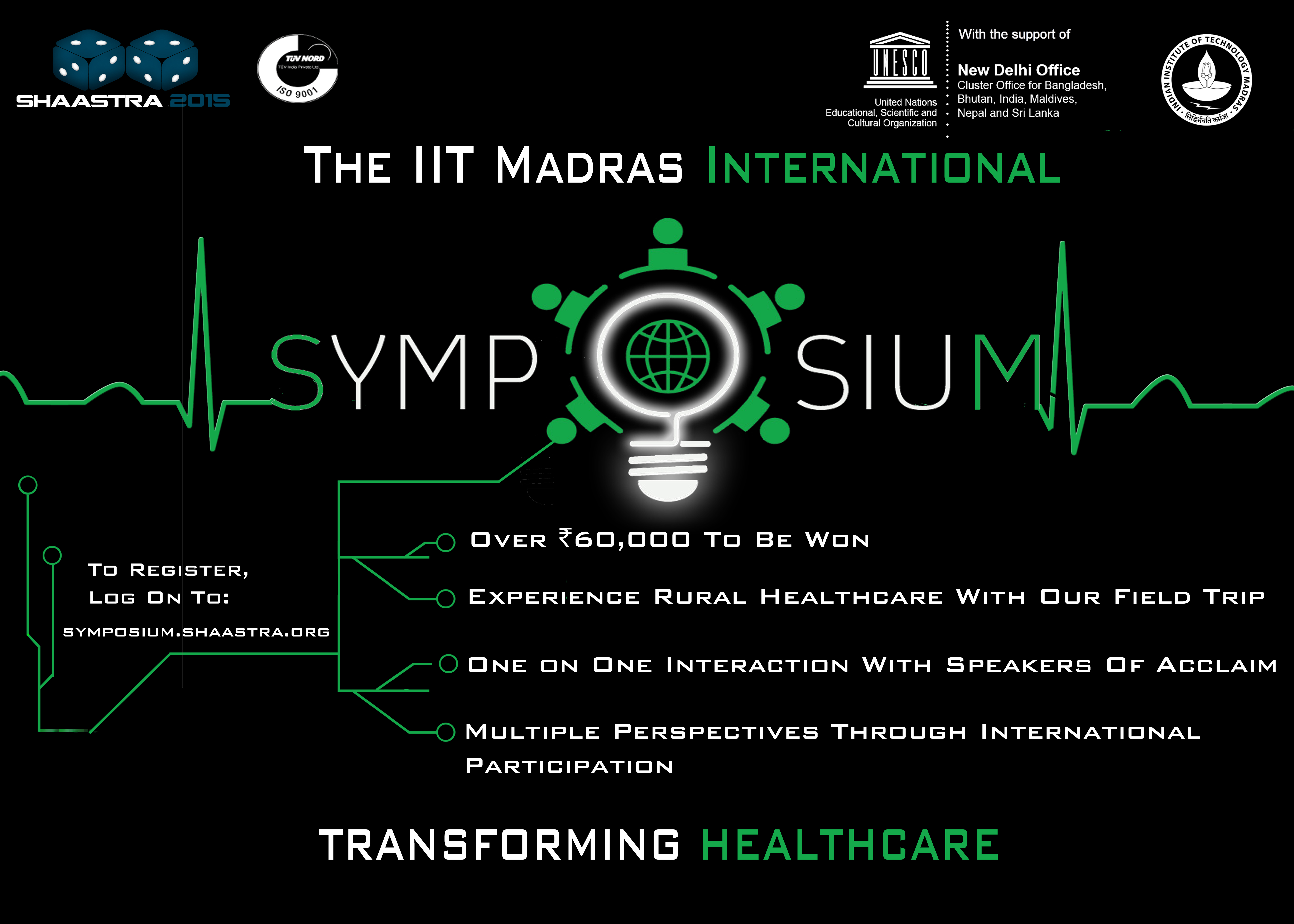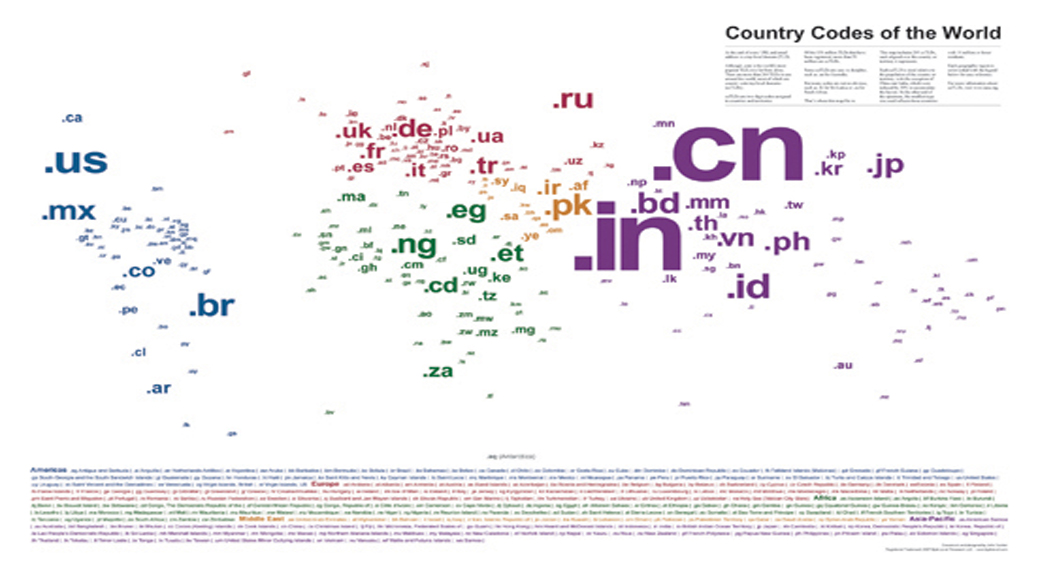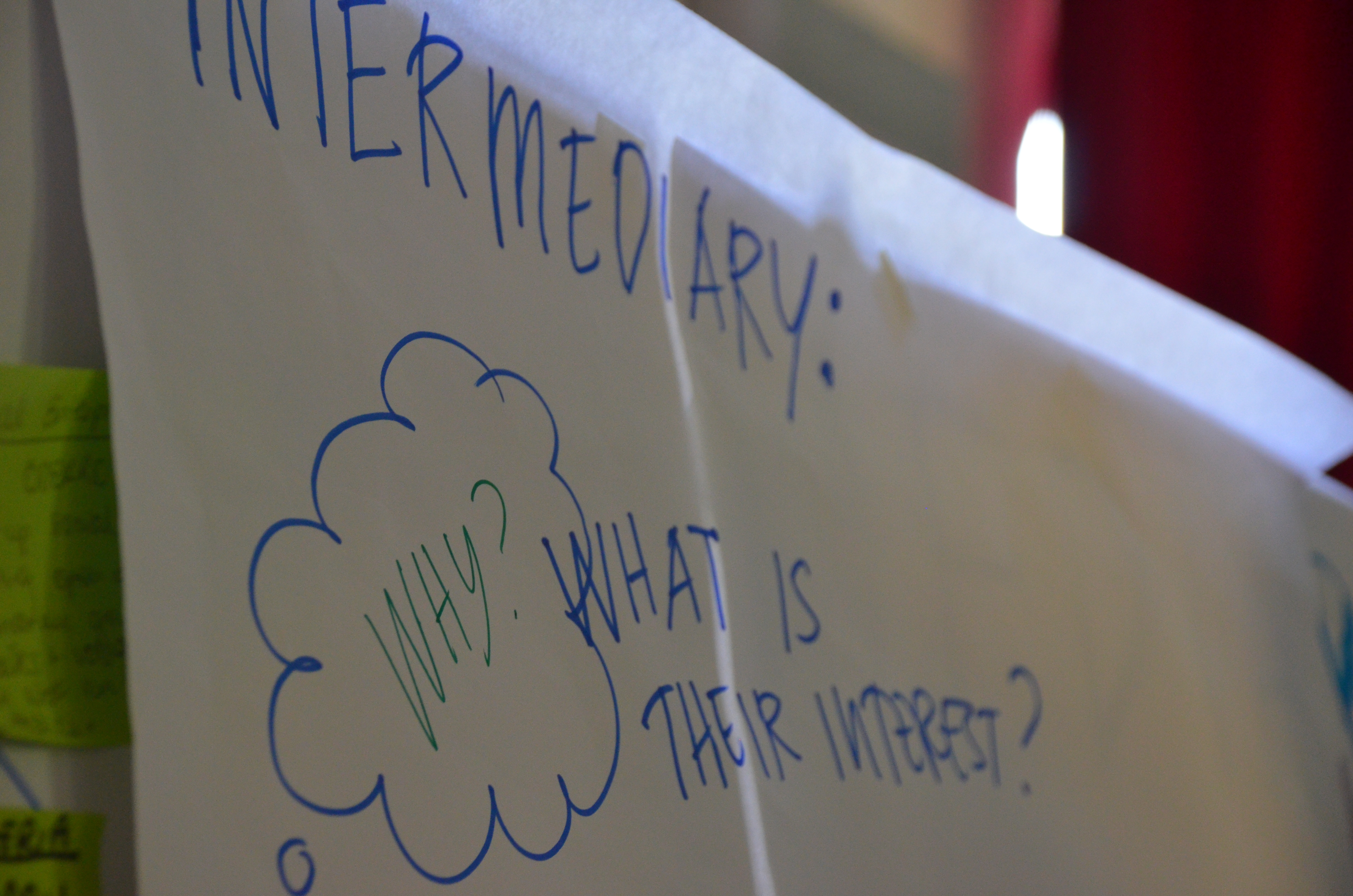(Image Source: https://flic.kr/p/cPfdNw) Skype has recently taken the decision to end support for calls to local mobile and landline numbers from its VoIP service, effective from November 10 this year. The Skype support page notes that its decision only applies to calls made within India; users outside Indian borders can continue to call numbers in…
Shaasthra: IIT Madras International Symposium on Healthcare
A little bit about us: Shaastra, Asia’s largest student run festival, is the annual technical festival of IIT Madras. It is the first ISO 9001:2008 certified student-organized technical festival. Shaastra is scheduled to be held between the 3rd and 6th of January 2015. Cash prizes worth Rs. 60,000 to be won!
The Internet Finds Itself in a Web – What the U.S Withdrawal from ICANN and its Transition Signify
The following post is by Madhulika Srikumar, a fourth year student at GNLU, Gandhinagar. She has an avid interest in the debate on ownership of Internet, Internet security and freedoms, and has worked earlier on issues relating to ICANN and Internet Jurisdiction. She brings us an interesting commentary on the US withdrawl from ICANN, and how it may affect Internet…
Apple Watch, Google GLASS, and Other Wearables: A Privacy Nightmare?
(Image Source: http://goo.gl/oA6W42) This post talks about the new challenges that are faced by the legal system with the coming of the new wearable technology that is available to the public. Practical situations are examined and the law is scrutinized with respect to the changes required to bring it up to speed.
Editor's Picks (12/10/14)
1. Why the Trolls Will Always Win, by Kathy Sierra, Wired. 2. Online Native Ads Are Held To Higher Standards Than Those On TV, by Danielle Wiley TechCrunch. 3. It’s now legal to make backups of movies, music, and e-books in the UK, by Megan Geuss, ARSTechnica. 4. Georgetown law professor says Apple may now be a regulated financial institution,…
Facebook, 'Internet.org' and the Ignored Questions of Civil Liberties
(Image Source: https://flic.kr/p/4W8mW) Earlier yesterday, Facebook founder Mark Zuckerberg met with the Indian Prime Minister Narendra Modi and Minister of Communications and Information Technology Ravi Shankar Prasad (who curiously also holds the Ministry of Law and Justice portfolio). The Facebook CEO was in New Delhi on the 9th and 10th of October for the Internet.org…
TechLawForum@NALSAR noted on SpicyIP!
It is with great pleasure that we announce that the TechLawForum@NALSAR Blog has found mention on SpicyIP in its list of “New Online IPR/Media/Tech Resources – For Students, Teachers and Researchers“! The post specifically notes the 101s and the Commons, and also notes the wonderful Teaching and Learning Resources initiative of the Centre for Communication Governance (CCG,…
The “Bang Bang” Order: ‘Likely’ Copyright Infringement Trumps Intermediary Immunity
(Image Source: https://flic.kr/p/o9EcaJ) This post examines the order given by the Delhi High Court (DHC), which is the third in a series of worrying orders by the DHC, from the perspective of Intermediary Liability. In order to ensure no possible online access to Bollywood film “Bang Bang” which released on Oct 2, the Delhi High Court…
Intermediary Liability – An Explanation
(Image Source: https://flic.kr/p/o9EcaJ) Definitions and Explanations – the Concept of ‘Incentives’ An intermediary is an internet-based service provider, which provides its users with a platform to upload all and any types of content, ranging from text to videos. Some of the more popular examples of intermediaries would be Facebook, YouTube, Twitter, WordPress and Blogspot. The…
A Wolf in Sheep’s Clothing: The Trans-Pacific Partnership
[Image Source: http://flic.kr/p/osRzan] After the scrapping of the ‘Stop Online Piracy Act’ (SOPA) and the ‘Protect IP Act’ (PIPA) in the U.S., one could have been under the impression that the Internet would be free from unadulterated interference by the government. SOPA and PIPA basically gave the government unprecedented powers to shut down any website/blog…





